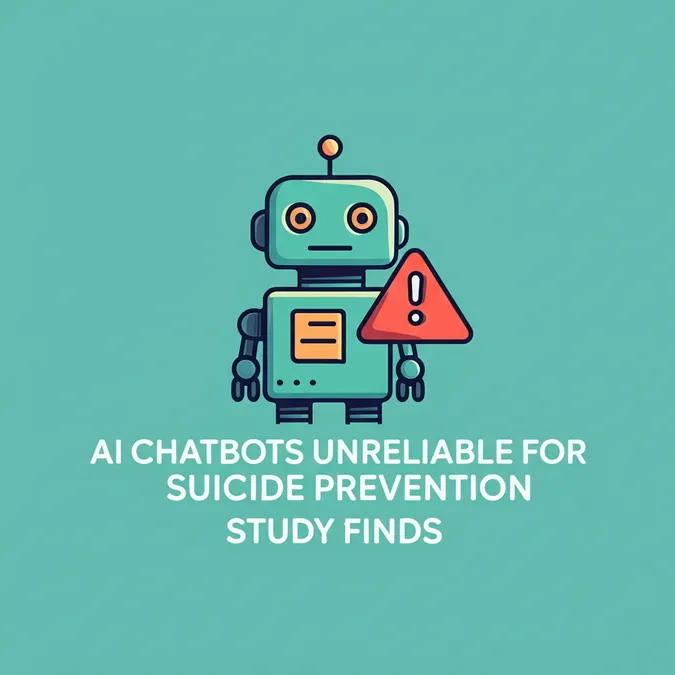Developer Offer
Try ImaginePro API with 50 Free Credits
Build and ship AI-powered visuals with Midjourney, Flux, and more — free credits refresh every month.
AI Meal Plans Dietitians Weigh In On The Trend
A well-structured meal plan can be a game-changer for eating healthier and reducing the daily stress of deciding what to cook. However, creating one takes time, and hiring a nutritionist can be costly. Unsurprisingly, many are now turning to AI tools like ChatGPT for a quick, free, and easy solution. But is an AI-generated meal plan actually a good idea?
To find out, we spoke with registered dietitians about the pros and cons of using artificial intelligence for meal planning and whether it's a reliable approach to organizing your weekly meals.
What Is Meal Planning
Meal planning involves deciding in advance what you'll eat for the week, which includes creating a menu and a corresponding grocery list. These plans are often tailored to an individual's nutritional needs, health goals, dietary preferences, and budget. It’s an effective strategy for saving money, managing time, hitting nutritional targets, and streamlining grocery shopping into a single trip.
Traditionally, you could create your own plan, use an app, or consult a professional like a registered dietitian. Now, AI has emerged as a new alternative.
Should You Use AI for Meal Planning
According to Patricia Kolesa, a registered dietitian and founder of Dietitian Dish, AI can be a valuable and cost-effective starting point. "It provides a framework and structure for regular meal intake and incorporating certain foods or food groups into the diet that might have not been present before," Kolesa said.
 Meal plans can help simplify your week, providing you with grocery lists, meal ideas and recipes. - carlofranco via Getty Images
Meal plans can help simplify your week, providing you with grocery lists, meal ideas and recipes. - carlofranco via Getty Images
However, she advises against relying on AI as your only tool. A registered dietitian offers a more holistic, personalized, and flexible approach. "A meal plan is only one piece of the puzzle," Kolesa noted. "When it comes to diet and nutrition, there are other areas like activity levels, stress management and eating behaviors that either further or delay you from meeting your nutrition goals. A meal plan does not take these factors into consideration the way a dietitian or nutrition professional will."
Here’s a breakdown of the benefits and drawbacks of AI-generated meal plans, as explained by the experts.
The Benefits of AI Meal Planning
AI-powered meal planning offers speed, simplicity, and affordability.
Accessibility
AI makes meal planning available to a wider audience, especially those who cannot access a registered dietitian. "What was once only available through a dietitian or a paid membership program is now available to more people, often for free," said Violeta Morris, a registered dietitian at the Concierge Dietitian. This practical guidance can inspire meaningful lifestyle and nutrition changes.
Convenience
AI can streamline your week by generating meal ideas, recipes, and grocery lists. "AI can take some of the guesswork out of planning for the week and has the potential to provide new meal ideas," Kolesa added.
Simplicity
Using AI is typically much faster than manually creating meal plans and shopping lists. "Using AI can help make meal planning easier and faster," stated Melanie Crum, a registered dietitian and lead nutritional coach at POP Recovery Systems. "As a dietitian, I like it because it can save time and keep meals healthy and fun."
The Drawbacks of AI Meal Planning
While the advantages are clear, nutritionists highlight several potential downsides.
Generic Plans
AI-generated plans often lack the personalization provided by a professional. This can lead to repetitive meal suggestions, "which can lead to burnout and stopping your plan entirely," Kolesa warned. For individuals with specific health conditions like diabetes or hypertension, a generic plan may not meet critical nutrient requirements. "AI can provide general guidance, but it can’t offer the personalized, clinical recommendations needed," Morris explained.
Tricky Learning Curve
Effectively using AI for meal planning requires learning how to write detailed and accurate prompts. "You need to know how to ask the right prompts or it might not give you the best plan," said Crum. "You have to tell it if you have allergies, foods you don’t like, or how many calories you need. If you don’t give clear info, the plan might not work for you."
It Can Be Restrictive
An AI plan could inadvertently promote restrictive or disordered eating behaviors. "Depending on how the user inputs information, the meal plan may remove certain food groups or lack the necessary nutrients to meet daily needs," Kolesa said. Without knowing your specific caloric needs, AI might suggest too little or too much food. A dietitian can calculate your needs based on weight, height, activity, and health goals.
Potential for Errors
AI models are known to occasionally provide incorrect information, a phenomenon often called AI hallucination. This can also happen with meal planning. "Due to technical glitches, AI meal plans can overstate quantities or nutrition composition of certain foods," Kolesa noted. For those with medical conditions or food allergies, human oversight from a dietitian is crucial to ensure safety and accuracy.
How to Use AI for Better Meal Planning
If you choose to use AI, follow these tips to get better results:
- Be Detailed: Provide as much information as possible in your prompts, including food preferences, dietary restrictions, available ingredients, and macronutrient goals. This helps generate a more personalized plan.
- Request a Grocery List: Ask the AI to create a shopping list based on the meals it suggests. "This has helped my clients immensely when taking that next step in putting the plan into action," said Kolesa.
- Review Carefully: Always double-check the generated plan to ensure it aligns with your dietary needs and restrictions.
- Consult a Professional: If possible, have a registered dietitian review the AI-generated plan. They can offer valuable suggestions and swaps to better meet your unique health needs.
Compare Plans & Pricing
Find the plan that matches your workload and unlock full access to ImaginePro.
| Plan | Price | Highlights |
|---|---|---|
| Standard | $8 / month |
|
| Premium | $20 / month |
|
Need custom terms? Talk to us to tailor credits, rate limits, or deployment options.
View All Pricing Details

